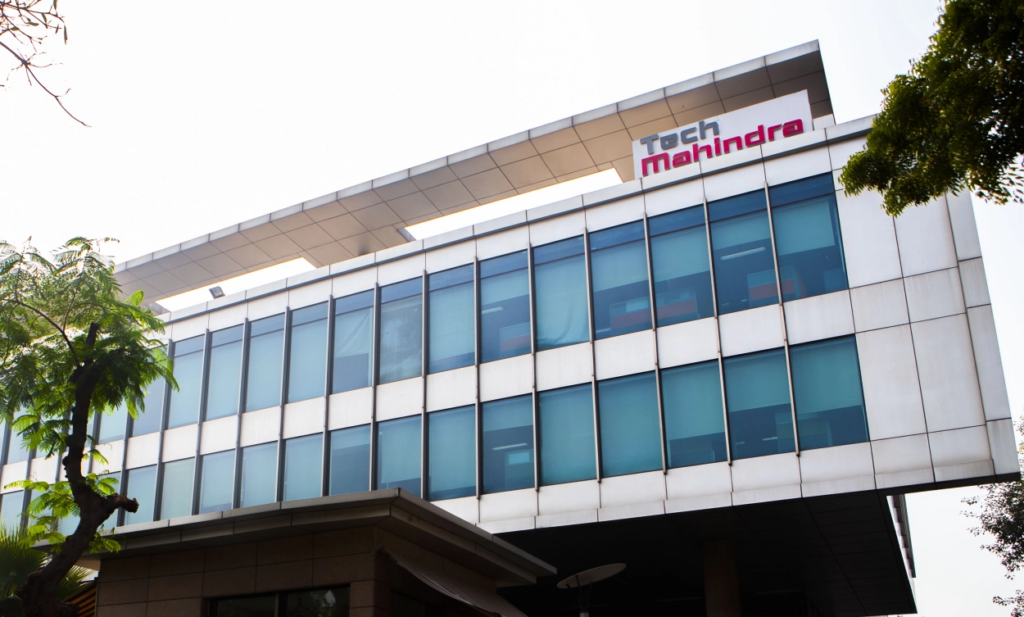Following a significant drop in the Nifty IT index during the early trading session on Monday, shares of Tech Mahindra plummeted by more than 7 percent.
Following disappointing earnings reports from TCS and Infosys, Tech Mahindra’s share price dropped 5.17 percent to 1,030.65 rupees per share at around 12:43 p.m., falling in line with the broad-based weakness in IT equities.
Tech Mahindra’s stock was downgraded by the international brokerage company Citi, which resulted in a general decline across the board for big IT companies’ shares.
The investment bank changed its stock rating from ‘neutral’ to sell and lowered its price goal from Rs 1,100 to Rs 955.

After TCS and Infosys reported disappointing profits, Mahindra shares fell 5.17 percent to Rs 1,030.65
Citi pointed out the increasing dangers to growth in the communications industry, which accounts for around 40 percent of the company’s sales. The brokerage business also mentioned near-term issues as one of the reasons behind its evaluation, and it noted that macroeconomic variables might make the situation much worse.
It should be noted that information technology companies have gotten off to a poor start in the Q4 results season, as both Infosys and TCS reported a weaker-than-expected increase in profit and revenues. This may be attributed to the fact that investors were expecting stronger growth.
The leading IT companies have voiced their concerns about the future demand forecast, citing the slowdown in the global economy, the impact of the financial upheaval on BFSI segments, and rising fears of a recession in the United States as the primary factors.

It is anticipated that Tech Mahindra will publish its profits for the fourth quarter on April 27. Despite this, the company is still under pressure as a result of the difficult macroeconomic environment in the fourth quarter of FY23.
Citi stated that there is a possibility that problems spanning several industries, such as price pressure and vendor consolidation, might have a detrimental effect on Tech Mahindra’s rate of development. Discretionary budget cuts and delays were also mentioned.
It went on to say that the rate of margin improvement in the short future might be slower than anticipated due to the difficulties associated with expansion as well as the potential of discretionary expenditures coming back.

